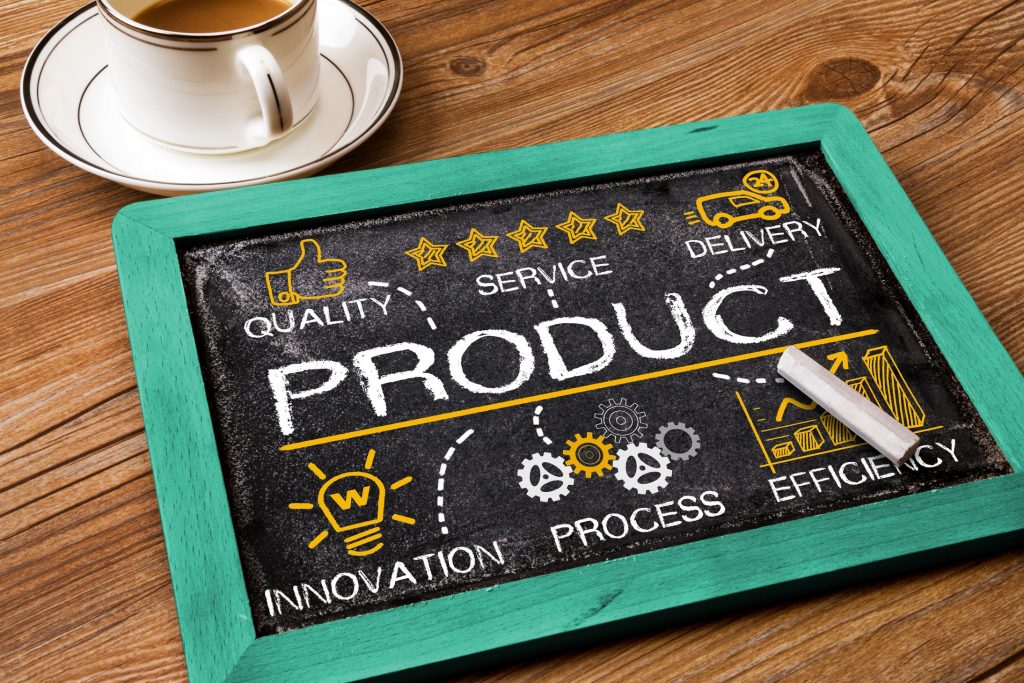
Roughly 100 million people drink coffee daily. Yet, most coffee drinkers do not fully understand the intricacies and processes required to create the perfect cup of coffee, but they can taste the difference.
Coffee requires knowledge of its origin, how it’s roasted, and what kind of brewing machine is used. Where does coffee come from? How much rain did it get? What temperatures did it develop in? Also, what kind of bean is used? Does the brewing machine even matter? These are the questions you should be able to answer. When horticulture and marketing is done correctly, your Chicago customer base can’t help becoming loyal. Then, you just have to stay consistent. Coffee excellence is more than just a label; it’s a perfect blend of science and art.
Lesson 1: Black coffee, specialty beverages, and knowledgeable coffee consumers
Roughly 54 percent of Americans 18 years and older drink coffee daily. According to the U.S. Census Bureau, there is more than 322 million people in America. Of 322 million people, more than 173 million coffee drinkers are thirsty for impeccable coffee. The National Coffee Association reported last year that coffee is the second most consumed beverage in the U.S., while past-day coffee consumption was almost 60 percent. Mintel adds that the majority of coffee consumed in the U.S. is specialty coffee. Chicago employees are more aware than ever about coffee. For instance, if employees have smelled freshly ground coffee within the first day of roasting, you’ll have employees who can’t go back to plain, boring cups of coffee. They will have a strong desire for fresh coffee again. And with so many knowledgeable coffee drinkers now, you have to offer quality beans. Once you’ve had quality, mouthwatering coffee, it’s very difficult to go back.
Specialty coffees are best when they’re original. In other words, you must have a unique genetic and agricultural origin of coffee plants, cherries, and seeds. Careful processing techniques can increase the potential of the seeds and elevate the unique taste. Stay different by utilizing and understanding the beans’ local growth and development.
Lesson 2: Product development can determine how it’s marketed to consumers
Marketing trends are powerful, especially in the coffee world. Even if you have the best beans in the world for your Chicago employees, it may not do well if it’s poorly presented.
For example, did you know Teddy Roosevelt’s family built a New York coffee chain 50 years prior to Starbucks? Probably not (unless you are good at history). Starbucks changed the coffee industry dramatically by giving Americans a way to quickly consume specialty coffee in a convenient manner. They were able to create an appealing, marketable product that filled a need. Your need is quality coffee, which you can elevate by making sure it has an interesting background, intricate design, or uses color effectively.
Markets are constantly changing, so it’s important to stay ahead of the game by staying up-to-date. For example, don’t choose a coffee with boring presentation. Make sure the look of the product matches the quality of your coffee.
Again, you can learn everything when it comes to growing, harvesting, processing transporting, and preserving coffee. But without knowing the marketing trends, such as Keurig K-cups being provided in the office, you will fail.

Lesson 3: Coffee revolutions in the office
The Keurig machine brought supply to the demand for a “gourmet” coffee solution in Chicago. Their commitment to freshness brought an army of coffee roasters who were willing to buy the packaging license and accept the one-year expiration date. Before the Keurig, Nescafe offered espresso capsules and brewing systems – in Europe. But North Americans weren’t ready for espresso shots in the 1980s (when it was introduced), so it left Starbucks to reap the rewards in the mid-1990s (when we were ready).
In 2013 alone, Nespresso sales exceeded $300 million in the U.S., but Nestle executive Jean-Marc Duvoisin doesn’t feel that they are competing with the Keurig. Nestle is focusing on premium, top quality coffee, which is why he believes they are not “direct competitors.” Instead, they’ll be “creating a new market,” he said.
Lesson 4: Apply your lessons
Research your coffee. Don’t pick randomly, and hope it works. If you’re smart and selective in your coffee choice in the office, your Chicago employees will notice. The coffee market is always changing, so knowing what makes certain brands appealing is important as well. Don’t be afraid to choose a little coffee company with detailed branding and impeccable taste. In addition, your coffee could be a big, well-known brand, as long as it suits the environment of your office. Know your beans intimately and never forget that coffee is an ever-evolving industry. If you look for creative branding and coffee with big taste, you can’t go wrong.
If you are looking for office coffee to offer in your break room, call Mark Vend at 847-291-9216 today for a free, no obligation consultation, where we can help you with your break room needs.
